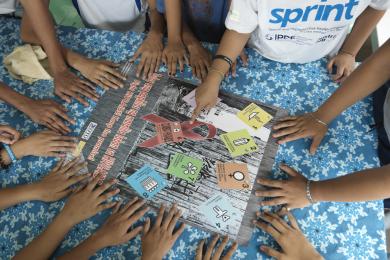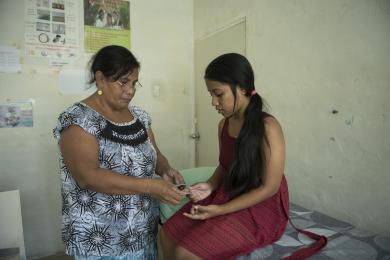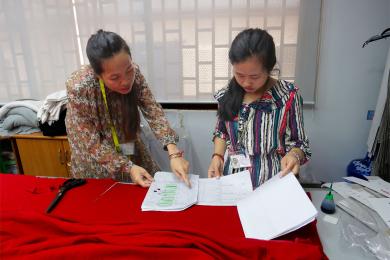Two-thirds of the 1.4 billion living in extreme poverty are women.
Almost 50% of all sexual assaults are against girls 15 years old and younger. Globally, HIV is the leading cause of death among women of reproductive age.

Two-thirds of the 1.4 billion living in extreme poverty are women.
Almost 50% of all sexual assaults are against girls 15 years old and younger. Globally, HIV is the leading cause of death among women of reproductive age.
Marginalized communities have the greatest need for sexual and reproductive health services and include young people, sex workers, men who have sex with men, people who inject drugs, sexually diverse populations and prisoners.

Women’s need for reproductive health care is not suspended in a humanitarian crises. One-quarter of people affected by crises are women and girls aged 15-49. In crisis settings there is a heightened risk of early marriage, sexual violence, unsafe abortions and unattended births. Transmission rates of STIs, including HIV, also increase in emergencies whilst access to normal healthcare services decreases.

Marginalized communities have the greatest need for sexual and reproductive health services and include young people, sex workers, men who have sex with men, people who inject drugs, sexually diverse populations and prisoners.
